UNDERSTANDING CONDO OWNERSHIP
Although condo ownership has become increasingly popular here in Vancouver, there are still a lot of misconceptions out there about what a condo is and what it means to own one. I have created this overview as an introduction to help you understand what a condo is and some important factors to consider before buying one.
Please note that this is a very simplified overview, and is by no means a definitive guide to the laws and regulations that govern condo ownership. Please refer to the Strata Properties Act for more information on the legalities of condos and condo ownership here in British Columbia.
WHAT EXACTLY IS A CONDO?
When you hear the word ‘condo’ most people think about high-rise residential buildings, like those commonly found in our downtown. While these are indeed condos, the word ‘condominium’ (or ‘condo’ for short) refers to a form of legal ownership, as opposed to the style of construction. This form of ownership can apply to low rise residential buildings, townhouses, individual houses, and even bare land.
A condo, also commonly referred to as a ‘strata’ here in BC, refers to a special way of subdividing and owning portions of buildings and land. This concept allows multiple individuals to own separate parts of the same building (and/or sometimes land), while sharing common areas and expenses related to those common areas.
The part of the property which an individual owns separately is called a ‘strata lot’ (also referred to as the ‘strata unit’ or ‘condo’), and the remainder of the property is called the ‘common property’
WHAT DO I OWN WHEN I BUY A CONDO?
In a condo building, each owner owns his individual condo unit (also known as the ‘Strata Lot’), and a share in the common property, which generally includes the hallways, lobbies, elevators, recreational facilities, gardens and structural elements such as exterior of the building. The cost of operation, maintenance and ongoing replacement of common property is shared amongst the individual unit owners.
Each unit owner has an undivided interest in the common property, meaning that each has equal opportunity for possession and access to use it. However the cost associated with common property is calculated based on each unit’s ‘unit factor’ which is most commonly calculated as the proportionate value of that unit in relation to the total value of all the units in the building. So for example if your unit is 500 sq ft. and the total value of all the units in the building is 20,000 sq. ft. your unit factor will be 500sq.ft. / 20,000 sq. ft. = 0.025 (or 2.5%). This unit factor would be used to calculate your monthly maintenance fees, and the proportion of special assessments which the strata corporation incurs relating to the maintenance and repair of common property.
WHAT IS A STRATA CORPORATION AND WHAT ITS ROLE?
The Strata Corporation is responsible for managing the common property and common assets of the strata corporation for the benefit of the owners. It must also repair, maintain and insure the common property and common assets. Each condo owner is a part of the Strata Corporation, and has voting rights. Every year owners elect members to the ‘Strata Council’ which is the executive body that oversees the activities of the strata corporation.
ARE THERE RULES AND RESTRICTIONS I SHOULD BE AWARE OF?
Every condo building has its own Bylaws and Rules that define the rights and obligations of individual owners. These can vary greatly from building to building, but generally may cover such things as rentals, pets, noise, use of certain amenities, parking and the alteration/renovation of individual units. Before purchasing a condo unit you should ensure you carefully review and consider these rules and bylaws.
